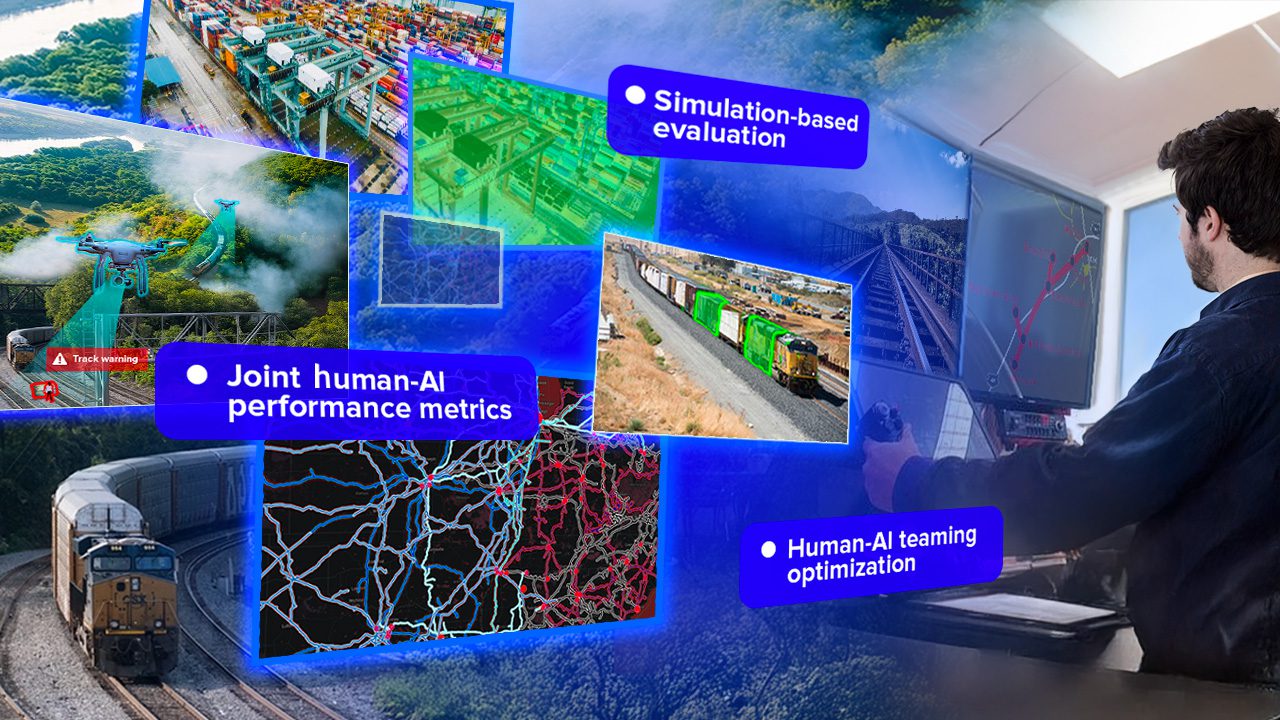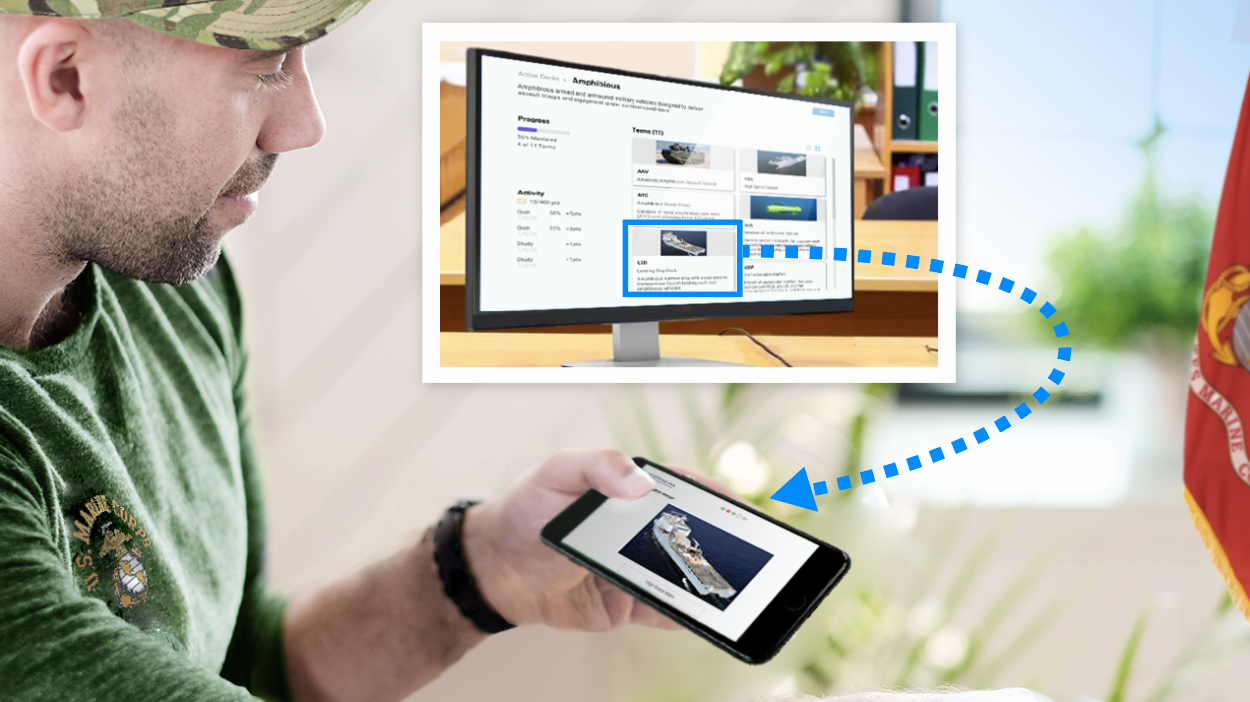Charles River Analytics is combining probabilistic programming and symbolic reasoning for flexible, more resilient artificial intelligence (AI). The company was awarded a $1.6M Phase II contract from the Small Business Innovation Research (SBIR) program to develop adaptable AI systems.
This project builds on previous progress that the Charles River team made in combining the best of two branches of AI: data-driven AI and symbolic (or knowledge based) AI. Current AI systems of both types can excel at many tasks, but they often prove to be brittle when things in the real-world change in ways that were not expected by their designers. In many real-world settings, change and surprises are inevitable, and brittleness can lead to (sometimes catastrophic) failures. In the best case, the change is discovered before anything unplanned or hazardous happens, allowing engineers to avoid costly shutdowns as the AI systems are retrained or reengineered. This inflexibility is particularly problematic for mission-critical applications that require continuous functionality.
Charles River Analytics is addressing this challenge by creating a new approach to AI that combines symbolic and data-driven methodologies to enable systems that can adapt immediately and then improve over time. The project is called Probabilistic and Relational Inferences in Dynamic Environments with Compositionally Organized Learning To Reason About Novel Experiences (PRIDE with COLTRANE). PRIDE with COLTRANE supports DARPA’S Science of Artificial Intelligence and Learning for Open-world Novelty (SAIL-ON) initiative, which aims to develop and test AI systems that can adapt to the inevitable changing conditions that arise in the real world.
“The more we can make our AI systems less brittle, the more we can rely on them and have them in places that matter,” said Bryan Loyall, Director of Technology Innovation at Charles River Analytics and Principal Investigator of the PRIDE with COLTRANE effort.
Enabling AI systems to adapt rapidly includes three main steps. First, the system will constantly sense the environment and identify when something relevant to its tasks has changed. It then learns about the novelty by characterizing what has changed in the world. Finally, it will adjust its intelligent behavior to the changing world as rapidly as possible. PRIDE with COLTRANE uses probabilistic programming, for data-driven machine learning to recognize and characterize the novelty, as well as symbolic AI, to flexibly adapt its reasoning. Each type of AI is powerful in its right, but when they are combined, they unlock new capabilities that were previously unachievable.
This foundational technology enables robust, reliable AI that can adapt in the face of change, which is especially helpful when systems cannot be taken out of service for updates. PRIDE with COLTRANE could eventually help incorporate advanced AI into a wider range of crucial activities and situations, such as self-driving ambulances, disaster recovery robots, and defense systems.
Contact us to learn more about PRIDE with COLTRANE and our other AI and machine learning capabilities.
This material is based upon work supported by the Defense Advanced Research Projects Agency (DARPA) under Contract No. 140D0422C0045. Any opinions, findings and conclusions or recommendations expressed in this material are those of the author(s) and do not necessarily reflect the views of the Defense Advanced Research Projects Agency (DARPA).
Related News
Open-World AI: Combining Symbolic and Sub-Symbolic Reasoning Helps AI Adapt to Change





